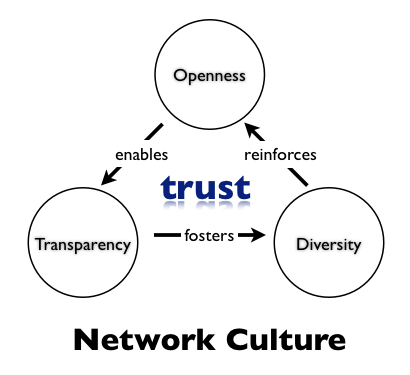
Geert Lovink published a call for participation early December 2018 on his blog at Institute of Network Cultures. It is called "Bridging the Gap between Technology and Progressive Politics in Europe" and was authored by Geert Lovink and Donatella Della Ratta. Participation via email is encouraged to begin with. It reads very to the point featuring several proposals for topics on how to “restore alliances between tech and progressive politics”: “From Web 2.0 to Political Power”, “Beyond the Self: Towards Collective Action”, “The Social Media Question: Where are the Alternatives?”, “The Ghosts of 2011 Protest Movements: Resurrection or Burial?”, “Future of Europe and the Polis Networks”) As an outtake here’s a paragraph on art:
The arts have all but disappeared behind the hypertrophic realm of the visual. Everyone is a maker and is destined to output creative works, whether they like it or not. This is why art as a discipline has disappeared into each and every object and action, and the form of technique or technology. On parallel, there is a gradual withdrawal of the strategic importance of visual arts as a socially or politically meaningful (if not explosive) activity. The arts are not longer the golden gateway to resolve complex issues in society. This is a sad reality we can only start to deal with and mourn. This is why there are so few artworks that can convey, facilitate and amplify social and political issues. In response, artists have retrieved themselves into the safe realm of cosmopolitan networks in which their works circulate as empty signifiers. People are not following artists. The interpreters of our time are ‘influencers’, not artists. What’s left for the few of them is the global art market, while a majority of them have been co-opted and retrained as precarious creative workers.
Our aim is to trigger a discussion on how to bring the two realms of tech and politics into dialogue again. We would like to achieve this by bringing together multiple forms of knowledge and practices, with people from different backgrounds and skills. We are ourselves not immune from the processes that we describe here. We are definitely experiencing these contradictory dynamics ourselves.
The picture is not originally related to the above. Source: http://jarche.com/wp-content/uploads/2011/10/network-culture.png